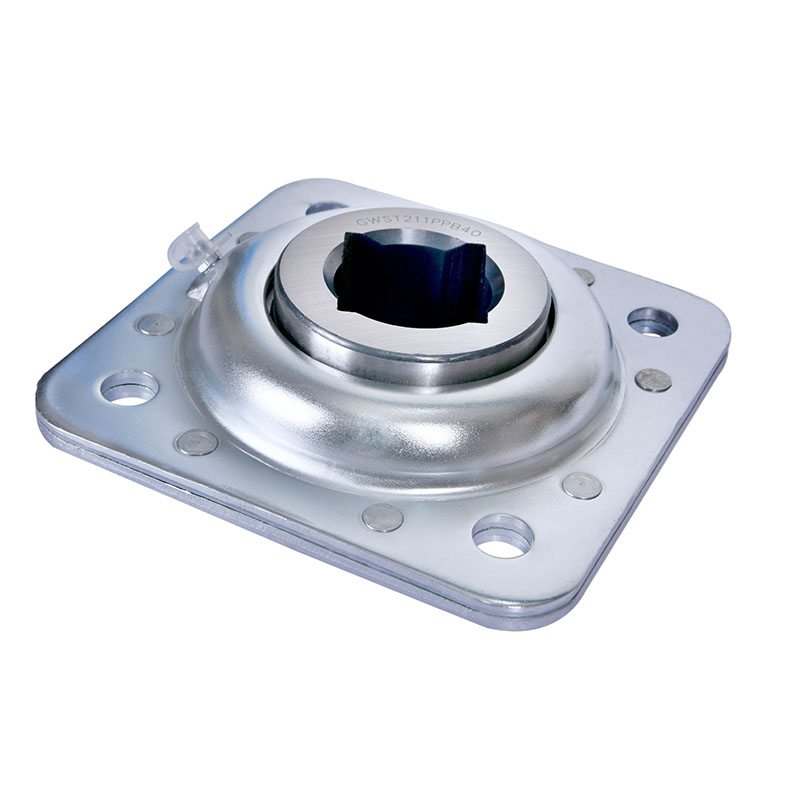Nov . 23, 2024 13:28 Back to list
agricultural ball bearings
The Role of Agricultural Ball Bearings in Modern Farming
Agriculture is the backbone of many economies around the world, and with the increasing demand for food production, the efficiency of farming operations is more crucial than ever. One often overlooked but vital component of agricultural machinery is the ball bearing. These small yet significant devices play a key role in ensuring the smooth operation of tractors, harvesters, and other farming equipment. In this article, we will explore the importance of agricultural ball bearings and their impact on modern farming practices.
Understanding Ball Bearings
Ball bearings are mechanical devices that reduce friction between moving parts, allowing for smoother operation and increased efficiency. They consist of inner and outer rings with running balls in between, which help to support and facilitate rotational movement. In agricultural machinery, ball bearings are used in various applications, including wheel hubs, transmission systems, and rotating shafts.
Enhancing Machinery Performance
The use of high-quality ball bearings in agricultural equipment can significantly enhance the performance and longevity of machines. By reducing friction, these bearings minimize wear and tear on critical components, allowing machinery to operate at optimal levels for extended periods. This is especially important in modern farming, where machinery often operates under heavy loads and rough conditions.
With agricultural machinery working long hours, often in dusty and challenging environments, the regular maintenance of ball bearings becomes essential. Rust, dirt, and debris can easily compromise the integrity of a bearing, leading to premature failure. Quality ball bearings are designed to withstand these harsh conditions, offering better sealing options and weather resistance, thus ensuring uninterrupted operation throughout the farming season.
Improved Yield and Efficiency
agricultural ball bearings

The impact of reliable ball bearings extends beyond just machinery performance. By ensuring that equipment runs smoothly, farmers can work more efficiently, leading to improved yields. For example, well-maintained tractors and harvesters can complete tasks faster, allowing for more crops to be planted or harvested in a shorter amount of time. This efficiency translates into economic benefits as operations can be scaled up without the need for additional resources.
The integration of advanced ball bearing technology is also paving the way for smarter farming practices. With the rise of precision agriculture, where data and analytics are used to optimize farming methods, the role of components like ball bearings becomes even more critical. High-performance bearings contribute to the accuracy of machinery, ensuring that equipment can operate precisely where and how it is needed, ultimately resulting in better crop management.
Cost-Effectiveness
Investing in high-quality ball bearings can lead to long-term cost savings for farmers. While the initial investment may be higher, the durability and performance of these bearings reduce the frequency of repairs and replacements. Less downtime due to equipment failures also means that farmers can maintain productivity, which is essential in today's competitive agricultural environment.
Moreover, with the rising costs of inputs like fuel and labor, every efficiency gained through better machinery performance can significantly impact a farm's bottom line. Reliable ball bearings help to keep machinery running longer with less maintenance, ultimately contributing to the overall sustainability of farming operations.
Conclusion
In conclusion, agricultural ball bearings may be small components, but their impact on modern farming is substantial. By enhancing machinery performance, improving operational efficiency, and offering cost savings, these bearings are essential for the future of agriculture. As technology advances and farming practices evolve, the reliance on high-quality components like ball bearings will only increase. Farmers who prioritize the maintenance and quality of their equipment, including ball bearings, will be better positioned to meet the growing demands of global food production while promoting sustainable agricultural practices. Investing in the right ball bearings is not just an expense; it is a commitment to productivity and efficiency in the ever-challenging field of agriculture.
Latest news
-
25MM 2 BOLT UCFLX05-14 Flange bearing unit( oval)
NewsMar.07,2025
-
4 bolt UCF 200 series Pillow block bearings
NewsMar.07,2025
-
25MM 2 BOLT UCFLX05-14 Flange bearing unit( oval)
NewsMar.07,2025
-
UCF216-50 4-Bolt Flange Housing Square Bearing
NewsMar.07,2025
-
25MM 2 BOLT UCFLX05-14 Flange bearing unit( oval)
NewsMar.07,2025
-
spherical roller bearing material exporter
NewsMar.07,2025





